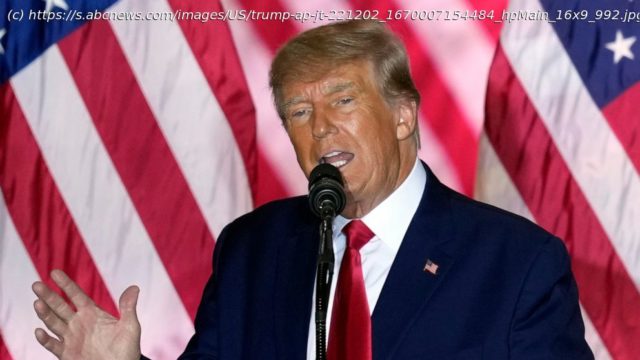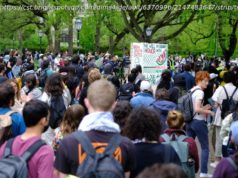Array
Manhattan prosecutors concluded their criminal case against the Trump Organization Friday by challenging attempts by the defense to distance former President Donald Trump from his namesake company’s alleged tax fraud.
Two entities of the Trump Organization — the Trump Corporation and the Trump Payroll Corporation — are on trial for paying the personal expenses of some executives without reporting them as income and for compensating them as independent contractors instead of full-time employees.
Prosecutors believe the Trump Organization is culpable because the conduct of CFO Allen Weisselberg benefitted the company and because his position as CFO means he was entrusted to act on the company’s behalf. Weisselberg, who testified as part of a plea deal, pleaded guilty in August to charges that he skirted taxes on nearly $2 million in company-provided perks that included the rent on his Manhattan apartment, the leases on cars for himself and his wife and tuition for his grandchildren.
Defense attorney Michael van der Veen had said in his closing statement Thursday that jurors “heard no evidence in this case that Mr. Trump or any of his children were aware of anything improper” — but prosecutor Josh Steinglass told jurors Friday that the defense left them with the “misleading impression that all this was going on right under Donald Trump’s nose and he was completely ignorant.”
Steinglass said Trump made compensation decisions for top executives, signed the tuition checks for Weisselberg’s grandchildren, and authorized the reduction of chief operating officer’s Matt Calamari’s salary to account for the personal expenses the company was paying.
“This whole narrative that Donald Trump is blissfully ignorant is just not true,” Steinglass said.
Later in his closing statement, Steinglass urged jurors to “put aside the elephant that is not in the room” and find the company guilty simply because it helped its executives evade taxes.
Home
United States
USA — Science Attorneys clash over references to Trump as closing statements conclude in Trump...






